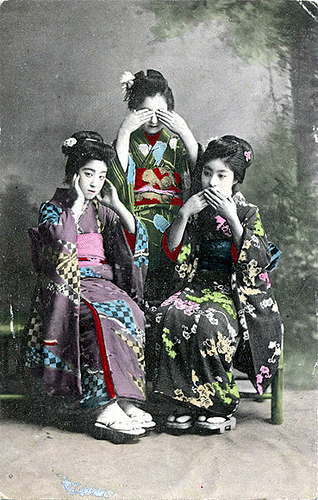
Here’s a great question I got from a reader living with lupus:
Dear Kairol,
A number of people are giving me well meaning but downright useless and unsolicited advice about my illness and how I should handle it - diet suggestions, names of new doctors, and how to manage my illness in the workplace. It upsets me to the point that I’m sometimes in tears afterwards. They are trying to help but not with what I need the most: grocery shopping, cooking or sheltering me from their germs. How do I handle this?
Anon Me Again.
Dear Anon Me Again,
When we’re sick people feel helpless and they grasp at advice to try and make us feel better. Here are some ways to respond:
Heart to heart. If it’s coming from a valued friend, have a heart to heart talk. Use good therapy talk like “I” statements to describe how you feel, and remind them how much you value their friendship. Tell them how hard your disease is physically and emotionally, how personal your healthcare choices are, and how their advice makes you feel. They may not know their comments have made you cry and if they love you, they’ll care. Talk about the specific kinds of help you really need and how much their help would mean to you.
Elevator lines. If it’s coming from an acquaintance in casual conversation, prepare a practiced response that you say in a positive tone of voice, and then redirect the conversation to another topic. Such as: “Oh, wait – I know what you are going to say, but I actually have a great diet that works well for me. Thanks for the idea, but I’m really cool in that department.” Or, “Wait, I know you have some good advice for me, but I am on information overload about my disease, and I need to take an official break from thinking it. But thanks anyway.” The more you do this the easier it becomes, and it’s very empowering.
The drama reduction program. I write about the DRP in my book Everything Changes and how great it was to rid my life of dramatic people. Who are the people dishing out this advice? Are they pushy, dramatic, tiresome, or bothersome in general? If so, limit your contact or give them the axe. Sound harsh? As a young adult cancer patient, I only have so much energy to go around. I’m picky about who I give it to.
What is the most irritating unsolicited advice you have been given? How do you handle situations like these? Are you ever guilty of doing the same to others? (Hard as I try, I know I am from time to time.)
For more details about my utterly liberating Drama Reduction Program, read Everything Changes: The Insider’s Guide to Cancer in Your 20s and 30s.
![]()
![]()
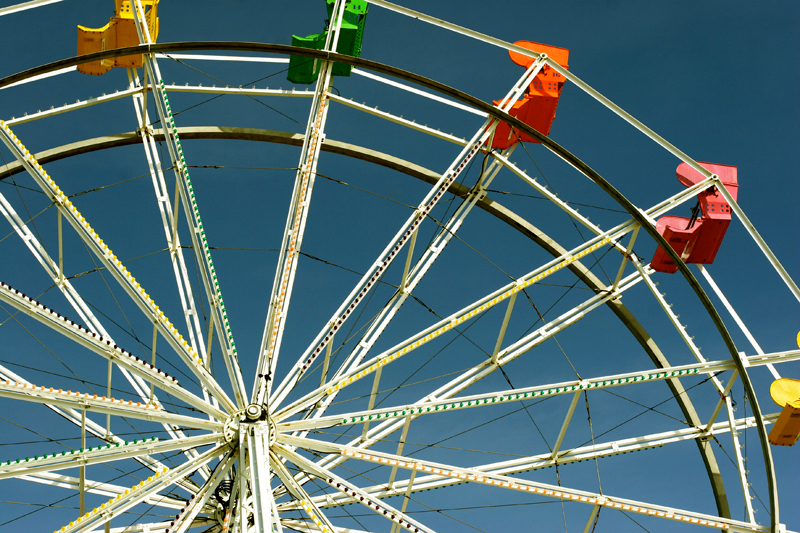


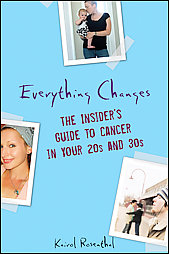

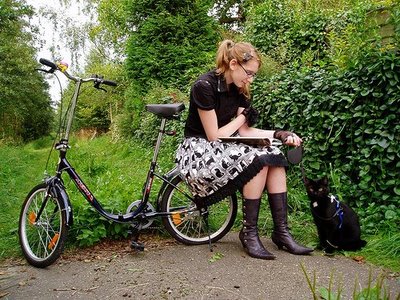
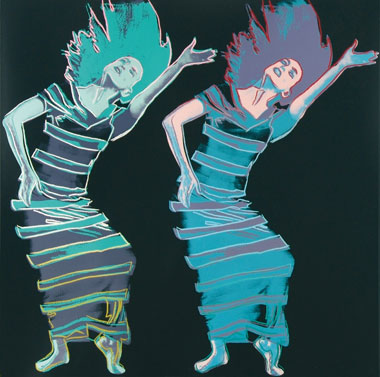
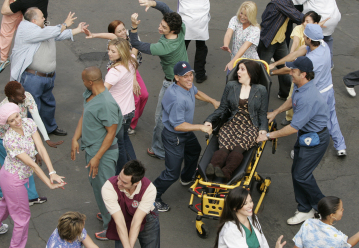

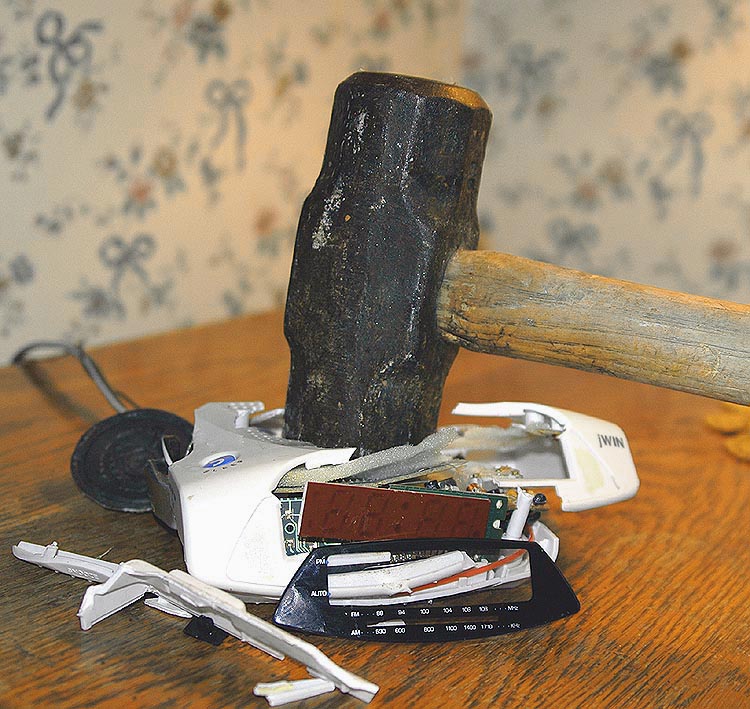
 “Everything Changes is, without doubt, the most forthright, emotionally sophisticated, and plain-old valuable book of its kind I've seen.”
“Everything Changes is, without doubt, the most forthright, emotionally sophisticated, and plain-old valuable book of its kind I've seen.”












